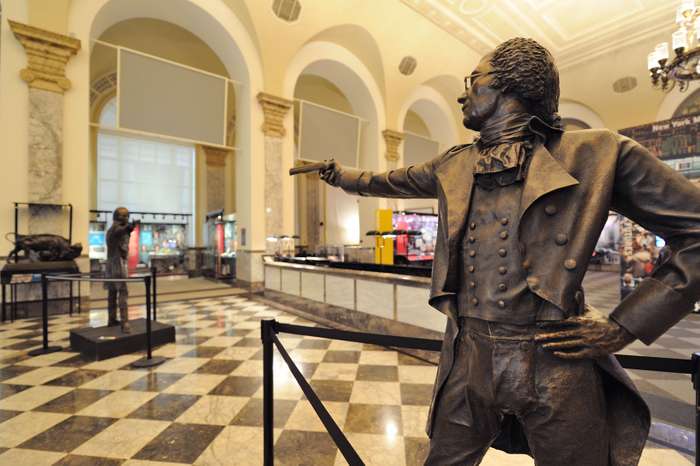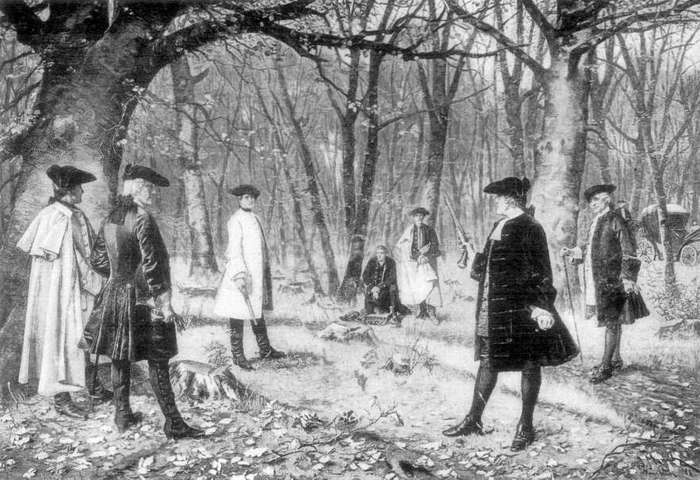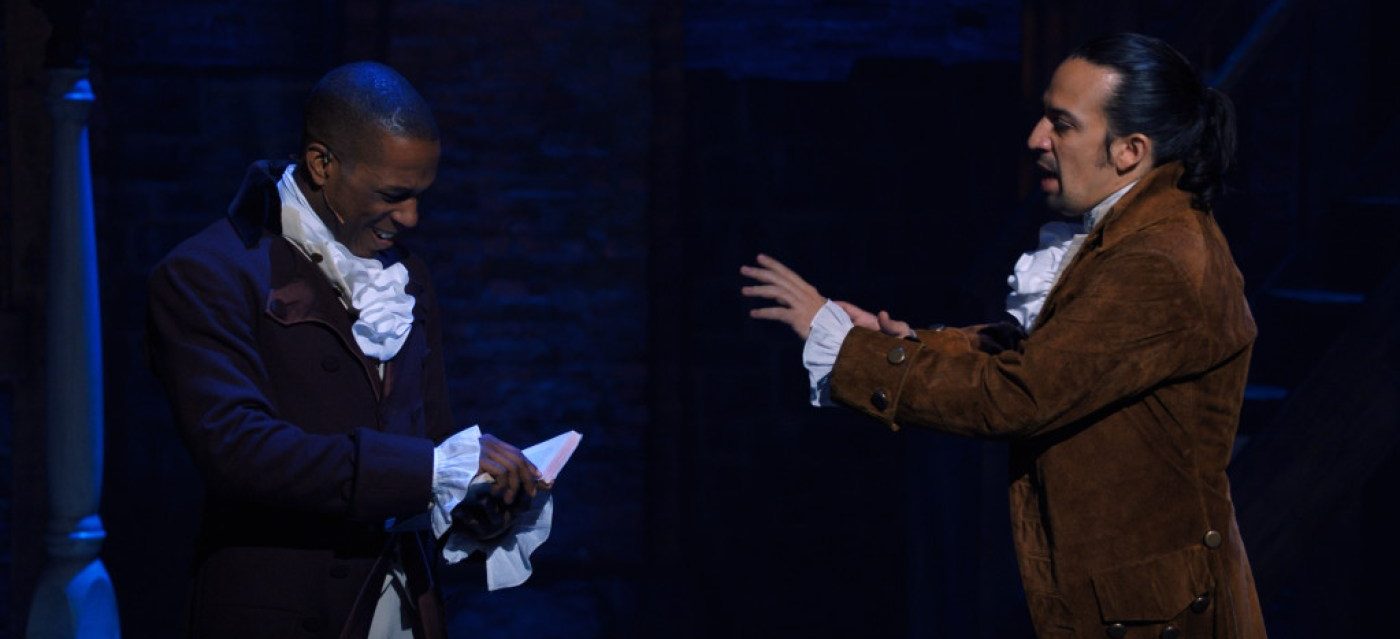‘Hamilton‘ tells the rags-to-riches-to-death story of one of the nation’s founding fathers. The musical is based on Ron Chernow’s biographical novel Alexander Hamilton and presents an extremely compelling tale that is given less importance in history textbooks.
‘Hamilton’ has become extremely influential, and it wouldn’t be wrong to call it the most important production of the early 21st Century. There are various reasons for its success, one being how engagingly it presents a story of the past. Using modern storytelling methods, ‘Hamilton’ ensures that modern audiences can enjoy and appreciate the narrative simultaneously. Modern music genres like rap, R&B, and hip-hop combine classical Broadway to give birth to memorable tunes.
On top of that, the musical proves to be a harbinger of inclusive representation. Actors of color are cast in the roles of Caucasian figures. This is done intentionally to let viewers let go of any cultural expectations they might have had about the founding fathers. Moreover, it subverts racially discriminatory practices such as blackface.
The story of Hamiton itself is quite engaging, and with such command over storytelling, it turns out to be extremely moving. Several viewers would have been heartbroken after watching Hamilton’s death. It is presented, like the entire production, in a gripping manner. This would have led to audiences wondering why the two great men ever went to a duel, risking their lives in the first place.
Newspaper Insult: The Spark That Ignited the Duel

To begin with, Hamilton and Burr had had an unfriendly relationship for a long time before the duel. They were political rivals, too, with Hamilton being a Federalist and Burr a Republican. Hence, their duel was certainly not a result of some last-minute spectacle.
Burr had defeated Hamilton’s father-in-law, Philip Schuyler, for a Senate seat. This led to Hamilton repeatedly attempting to thwart Burr’s political ambitions. For instance, Hamilton sided with Thomas Jefferson in the Presidential election of 1800. Hamilton’s influence led to Burr losing. Later, Burr switched to the Federalist Party and tried to run for governor of New York in 1804. However, Hamilton used his influence to thwart Burr again.
In April 1804, there was a newspaper article about Hamilton denouncing Burr at a dinner party. In the previous month, Hamilton was dining in Albany at the house of Judge John Tayler. It is here that Hamilton expressed his dislike at the possibility of Burr being the governor. Tayler’s son-in-law, Dr. Charles D. Cooper, was also at the dinner. For his reasons, Cooper also disliked Burr. “So exhilarated was Cooper by this virulent talk that on April 12 he dashed off an account to his friend Andrew Brown, telling him that Hamilton had spoken of Burr “as a dangerous man and one who ought not to be trusted”” (source: Ron Chernow’s ‘Alexander Hamilton).

Cooper’s letter to his friend was apparently intercepted, leading to some excerpts of it appearing in an article in the New-York Evening Post. Burr received the article from someone on June 18, after his electoral defeat. “When Burr set eyes on Cooper’s letter, he was still smarting from his election defeat and the apparent collapse of his career,” according to Chernow. Hence, to try and redeem dishonor, he thought of challenging Hamilton to a duel. The rest, as they say, is history.
Read More: How Did Hamilton’s Son Die?


You must be logged in to post a comment.